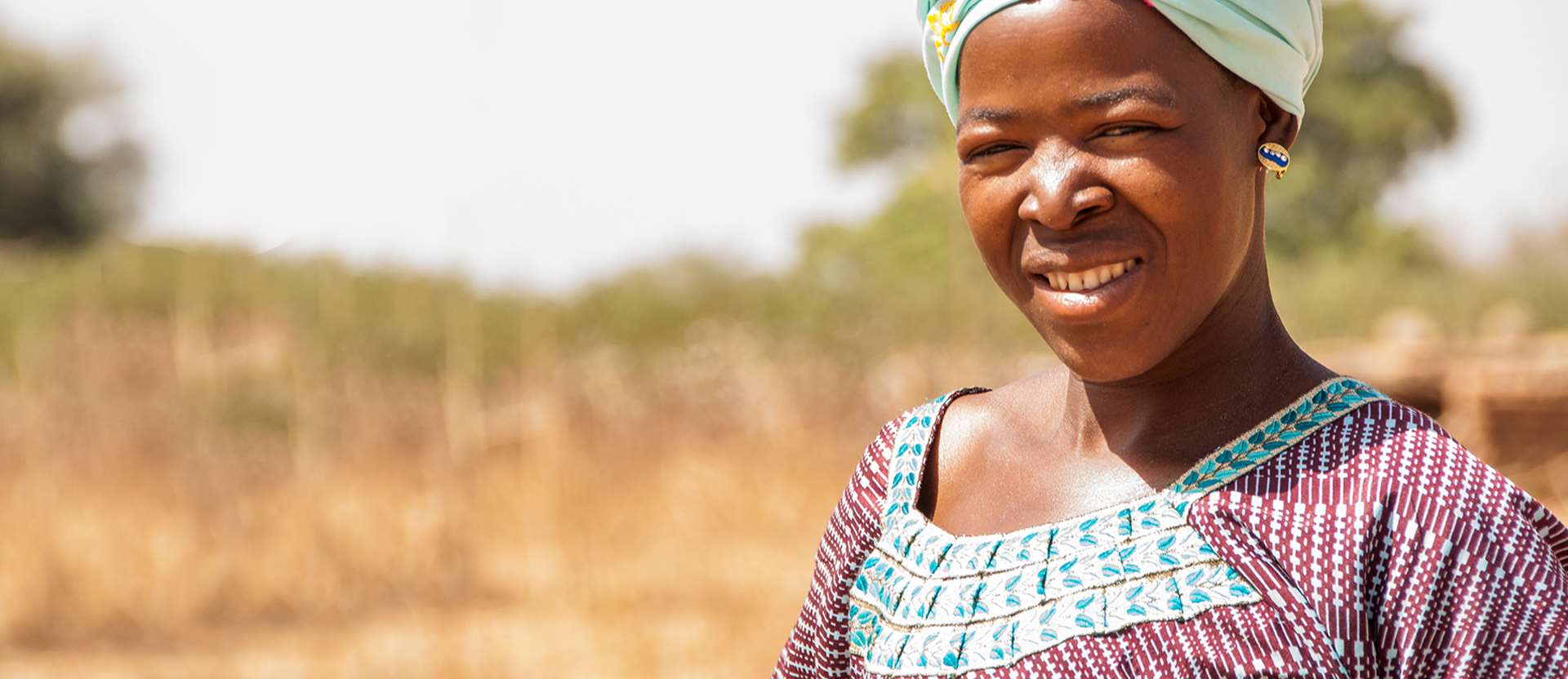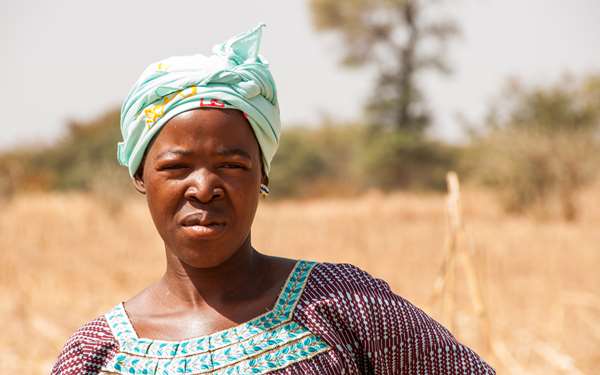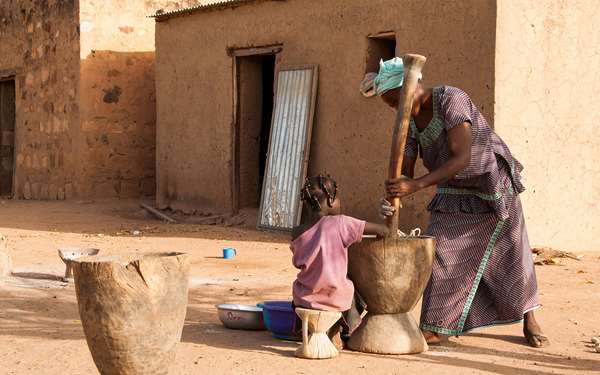
Tackling gender inequality

Her story
Ané, a mother of three, lives in the Ségou region of Mali. Here, gender inequality is still a major issue. As a woman, she has less access to healthcare, education and jobs.
Before she joined a Tree Aid project, she found it difficult to provide for her children. But then, she transformed her life. "The project trained and equipped us. This has allowed us to improve our income."
Before the project
Like most women in her village, Ané has suffered as a result of gender inequality. “My own parents didn’t enrol me in school. I think it is because I am a woman. In our family, a woman is not allowed her own field. I felt basically useless in the family."
Despite relying on the land and trees to provide for her family, Ané isn't able to protect them in the way she needs to. She said, “In my childhood, there were a lot of trees. Lorries came to cut them down and take them away.”


Since joining the project
But then Ané joined a shea enterprise group. "The project trained and equipped us to process shea butter and soap. It is very important that women are in groups. We learn from each other, sell together and benefit from the support together. The children all go to school and we are now able to guarantee enough food."
They also learned how to restore and protect their forests, "We are beginning to find the solution thanks to all the support and training in planting, assisted natural regeneration and stone barrier techniques."

Looking to the future
But Ané's work doesn't stop there. She said, "The project enabled a sort of open-mindedness in our community. We are beginning to understand that the forest belongs to us and we must protect it from the people who come from elsewhere to cut it all down."
For the future, Ané hopes for continued support for her family. "It is necessary to continue to support us. Lots of things have been done but it is not the moment to give up."




